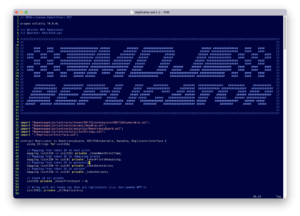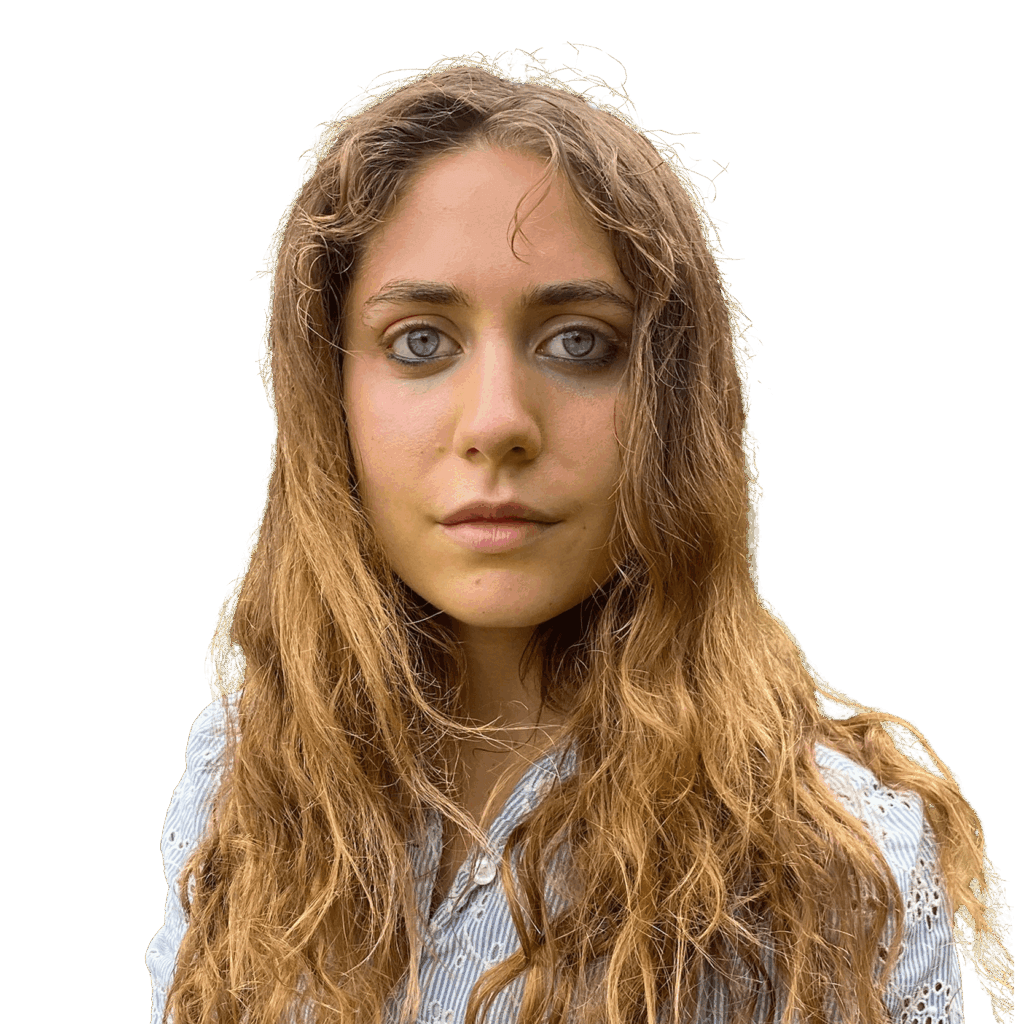The early web and the early age of web3 both have similar limitations: people’s interactions were “read-only” in nature, leading founders to create skeuomorphic copies of older technologies. But after a new technology gains significant adoption and mindshare, users experiment with novel applications that push the boundaries of the medium into entirely new frontiers. NFTs are some of the first crypto-native experiments that have taken off in this way: we’ve seen the widespread coordination of airdrops, capital, and communities, all facilitated by “just a JPEG.”
Manifold is equipping NFT artists with contracts that allow them to push these frontiers even further. Manifold’s focus is building a creators studio for authoring NFTs with an “App Store” where artists can add cool new functionality powered by code. The team has collaborated with some of the most talented innovators in the industry, including Mad Dog Jones, FVCKRENDER, and Pak, and will make the same source code for their unique collaborations available to everyone. Dynamic functionality, like airdrops, redemptions, mutations-on-transfer, and royalties should all be accessible to any artist sharing NFTs with their community, and easily composable by the artists themselves. Manifold is making this possible.
A Manifold contract builds on and complements pre-configured minting codebases available on OpenZeppelin or directly on NFT marketplaces. Let’s use the recent example of Lost Poets, an NFT collectible and strategy game from Pak. The Manifold team worked with Pak to create a whitelist of holders of his ASH token, which then permitted the most loyal members of Pak’s community to access the Lost Poets mint an hour earlier than anyone else. Using the ERC1155 standard, Manifold and Pak were also able to create a more gas-efficient means of minting multiple NFTs at once for approved collectors, consuming millions of dollars less gas in the process when compared with a standard contract.
The most valuable NFTs are, to put it simply, beautiful. Manifold treats the blockchain like a new kind of artistic canvas — and like any new medium, there are now new forms and ideas to play around with. The process of minting an NFT, as dramatic and competitive as it might be, is still a tiny part of the ownership experience. Provenance and creativity are what distinguishes a truly special NFT drop, and Manifold has worked thoughtfully to extend tools to artists to make their works stand out from the crowd. The Mad Dog Jones REPLICATOR auction is one such case. Manifold worked with the creator to make a custom header for the REPLICATOR NFT contract, allowing owners to refer to the code itself to ensure the work’s origin. Even cooler, the REPLICATOR contract can be wrapped with any other conceivable smart contract another developer might choose to build, allowing the NFT to react in realtime to events and outcomes designated by another person. Any artist can take this capability and integrate it into their own drop, and any developer could build functions around it. You might imagine an NFT that reacts to the weather, or to on-chain history, or the contents of a person’s wallet at any given moment. The possibilities are endless. The team — led by Eric Diep, Richerd Chan, and Wilkins Chung — has extensive experience in gaming, and we’re impressed by their commitment to creating protocols that work for both specific NFT artists and the entire web3 community. To achieve this vision, the team has created Manifold Studio, a free toolkit for minting NFTs that recognizes a basic truth of the web3 world: the creator is the platform. Manifold Studio democratizes creativity by deploying creator-owned smart contracts to mint NFTs with on-chain provenance, interoperable with all major NFT marketplaces.
The team — led by Eric Diep, Richerd Chan, and Wilkins Chung — has extensive experience in gaming, and we’re impressed by their commitment to creating protocols that work for both specific NFT artists and the entire web3 community. To achieve this vision, the team has created Manifold Studio, a free toolkit for minting NFTs that recognizes a basic truth of the web3 world: the creator is the platform. Manifold Studio democratizes creativity by deploying creator-owned smart contracts to mint NFTs with on-chain provenance, interoperable with all major NFT marketplaces.
In addition to their focus on community and ecosystem health, the team is also aiming to standardize a royalty lookup method across major NFT marketplaces, ensuring that NFT creators are awarded royalties stipulated by their contracts without fear of invalidation. We’re excited by Manifold’s desire to reshape every stage of the creator journey and innovate at every level of the NFT stack: from the whitelisting, to the initial mint, to the final transfer.
***




